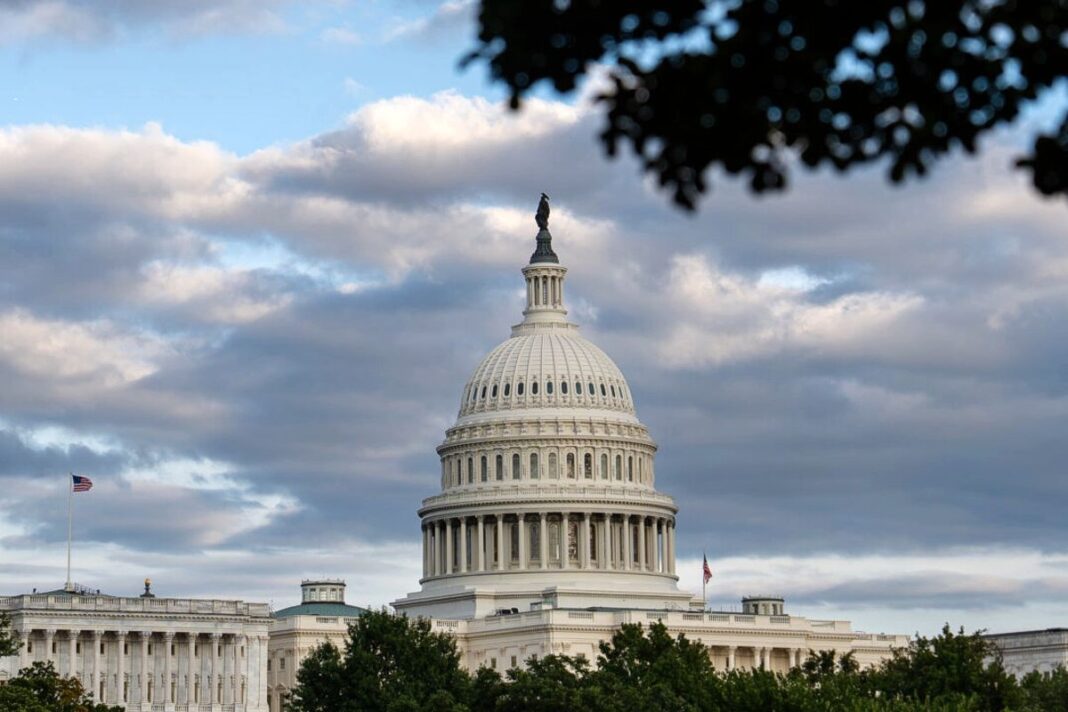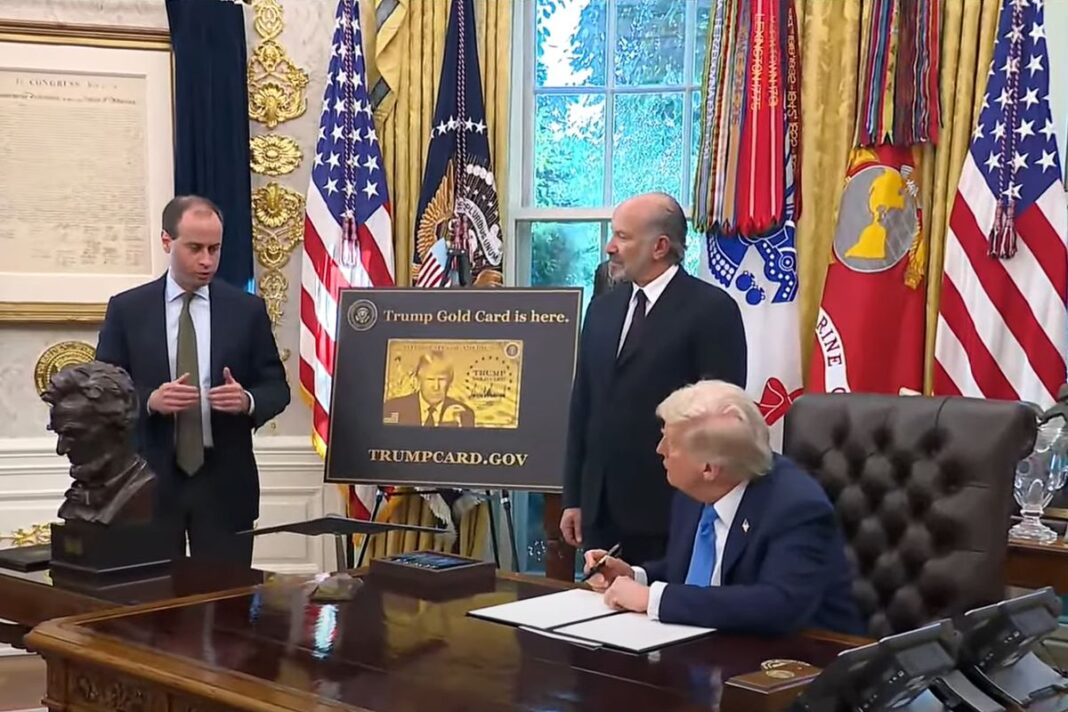Republicans need Democrats’ help to keep the government open. Democrats have made a $1 trillion demand in exchange for that assistance.
With the deadline for a government shutdown less than a week away, there’s no clear agreement between the two major parties on how to move forward.
Government funding is set to expire on Sept. 30. Republicans have been broadly united in their support of a clean continuing resolution (CR), Washington terminology for a stopgap funding bill. President Donald Trump has also backed a clean CR.
Republicans cannot keep the government open on their own. Under Senate rules, Republicans will need the support of multiple Democrats in that chamber to avert a government shutdown, and Democrats have placed conditions on their support.
With both sides entrenched in their positions, it’s unclear how lawmakers will reach an agreement to keep the government open.
Here’s what to know.
Government Shutdown
A government shutdown occurs when Congress fails to fund one or multiple sectors of the federal government.
Every year, Congress must pass a total of 12 spending bills for various areas of federal appropriations, such as funding for defense, agriculture, education, and other outlays.
So far, Congress has not sent any of those finalized funding bills to Trump’s desk.
Government funding expires at the end of a fiscal year, Sept. 30.
Currently, the government is being funded through a CR, which Republicans passed in March, punting the government funding deadline to the normal Sept. 30 date.
The minority party often uses government funding deadlines as an opportunity to win policy concessions or other demands from the administration.
Republicans Want Clean CR
Trump and other Republican leaders have pushed for the passage of a clean CR, which describes a stopgap funding bill that largely keeps numbers at their previous levels without the addition of many additional bill riders or new appropriations.
“The CR is simply a means to an end; it is a way to fund the government until you have an opportunity to do the appropriations process,” Senate Majority Leader John Thune (R-S.D.) said at a Sept. 19 press conference.
Last week, House Republicans passed such a bill in a 217–212 vote. It would extend government funding for around seven weeks, pushing the deadline to Nov. 21.
Two Republicans, Reps. Thomas Massie (R-Ky.) and Victoria Spartz (R-Ind.), voted against the bill.
Rep. Jared Golden (D-Maine) crossed the aisle to vote with Republicans. Rep. Marie Gluesenkamp Perez (D-Wash.) didn’t vote, but said she supported a CR in a post on X.
The proposal was rejected by the Senate after it failed to garner enough support to overcome the 60-vote filibuster threshold, as was a competing proposal put forward by Democrats.
Democrats Demand $1 Trillion Funding Change
Senate Minority Leader Chuck Schumer (D-N.Y.) has said Democrats won’t give their backing unless Republicans agree to modify the health care sections of the One Big Beautiful Bill Act, which cut nearly a trillion dollars in Medicaid spending.
Those Medicaid cuts helped offset the cost of making the bill’s tax cuts for top earners permanent, which would make it difficult for Republicans to accept Democrats’ demands even if they were open to the proposal.
Republican backers of the bill say that its Medicaid cuts solely targeted waste, fraud, and abuse.
By Joseph Lord








